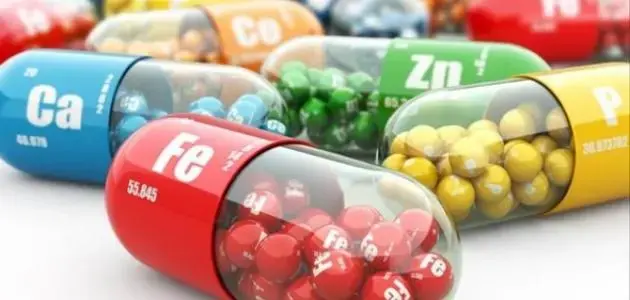What Are Vitamins and Minerals?
Our bodies get the vitamins and minerals they need from the foods we eat every day. Some foods have more vitamins and minerals than others, though. These nutrients play a big role in keeping our bodies working smoothly and balanced.
Vitamins fall into two main groups: fat-soluble and water-soluble. Fat-soluble vitamins include A, D, E, and K, and these get stored in the body. Water-soluble vitamins, like vitamin C and the B vitamins (such as B12 and B6), need to dissolve in water before your body can absorb them.
While vitamins are organic and come from plants and animals, minerals are inorganic and come from soil and water, which plants absorb and animals eat. Minerals are essential for growth and overall health—for example, calcium helps keep your body strong and healthy.
The Difference Between Vitamins
Water-Soluble Vitamins: These dissolve in water before being absorbed directly into your bloodstream. Since your body is mostly water, these vitamins spread throughout your system. Your kidneys regulate their levels and get rid of any excess through urine. While they have many important roles, their main job is to help release energy from the food you eat.
Fat-Soluble Vitamins: Unlike water-soluble ones, these vitamins enter your bloodstream through the lymphatic system in your intestines. You find them in fatty foods and oils. Your fat tissues and liver store and manage these vitamins, releasing them when your body needs them.
Key Vitamins and Minerals Your Body Needs
- Vitamin A
- B Vitamins
- Vitamin C
- Calcium
- Iron
- Zinc
Leave a comment
Your email address will not be published. Required fields are marked *




